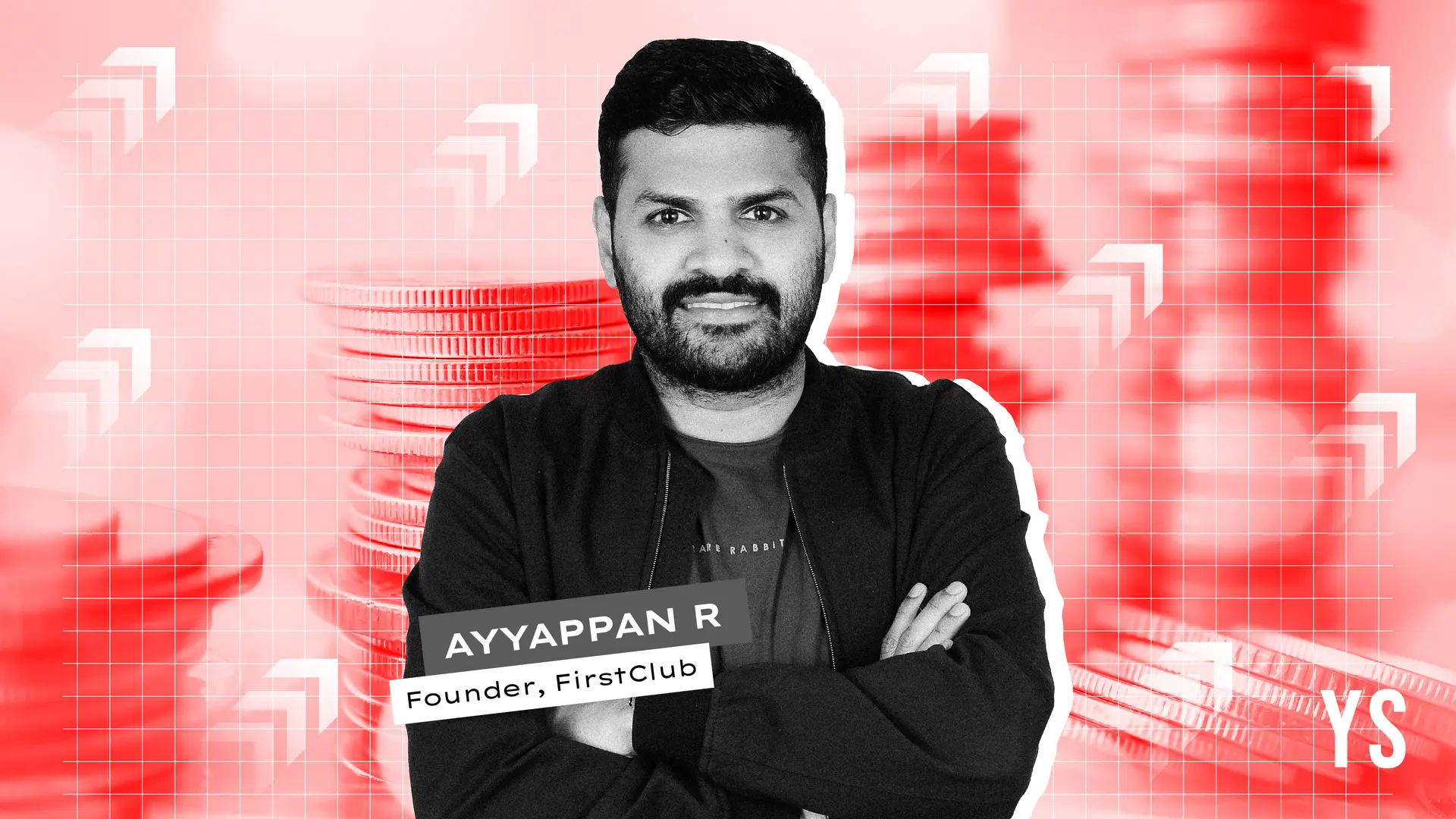Why Social Organizations Should be For Profit And Subjects Colleges Should Teach- with Ajay Dixit, Senior Faculty, EDI

An angle to social entrepreneurship and intrapreneurship…
Setup in 1983, the Entrepreneurship Development Institute in Ahmedabad is one of the most renowned Indian institutes in the field of entrepreneurship. A rich history behind its foundation, EDI actively operates to train and develop entrepreneurs across geographies and ethnicities. EDI provides all kind of training from helping uneducated individuals to become self-reliant via entrepreneurship to guiding some of the brightest minds in the country and help them scale up.
And a very strong keg in this wheel, Professor Ajay Dixit has been with EDI ever since its inception in 1983. He has worked in all the parts of the country and internationally as well, and helped many take the path of entrepreneurship. An experienced Business Counsellor, Ajay specializes in training of trainers and existing entrepreneurs for their growth. His academic interest lies in teaching 'Family Business Management', 'Intrapreneurship', Social Entrepreneurship & CSR Development. Here, we take inputs from Ajay to know more about EDI and some of the trends in the industry.
“There are two key problems that need to be tackled currently. Firstly, there is a huge section of the society in India that needs help and social entrepreneurship will go a long way in this. For this specific need, we have launched a six month course in Social Entrepreneurship (distance learning) via which we intend to address some of the problems,” says Ajay. This course is basically addressed to all those who want to contribute to the society but don’t know how? And the thing with EDI is that they believe in for-profit organizations. This diploma provides one an opportunity to start our own for-profit social business and contribute towards social development. “Tax cuts and subsidies are not a long term solution. Even the NGOs need to be self-sustainable to make real progress,” believes Ajay.
What is a for-profit Social Enterprise? A business wherein one serves the society and also earns profits via it. Their work is not like that of an NGO as the NGOs mainly depend on the grants. Usually in case of a for-profit, the promoter invests 30% of the total cost of the project and seeks support for the remaining 70% through banks as per their terms and conditions. The purpose is the ‘earn profit as well as serve the society’. Find more about the course here.
“The second problem that startups are facing is hiring,” says Ajay and we couldn’t agree more. We’ve heard enough about the topic and many startups are trying to fight this problem via different methods but are we missing out on something here? Intrapreneurship is a word which hasn’t become a ‘buzz word’ till now in Indian ecosystem. The focus is shifting and corporates are encouraging the ‘startup world’ but we’re far away from what can be achieved.

One of the key aspects Ajay mentions is that the subject should be given more emphasis in colleges and this will go a long way in ingraining the sense of ownership within students which will further make them more responsible and would help to solve the problem of ‘employability’ from the core. And when this is given a deeper thought, it makes a pot load of sense because all that the system needs currently is people who are willing to take ownership and go the extra mile. We need more Intrapreneurs!
Two very solid areas in entrepreneurship were discussed here and stay tuned to hear more from EDI!







